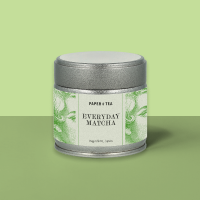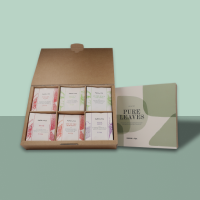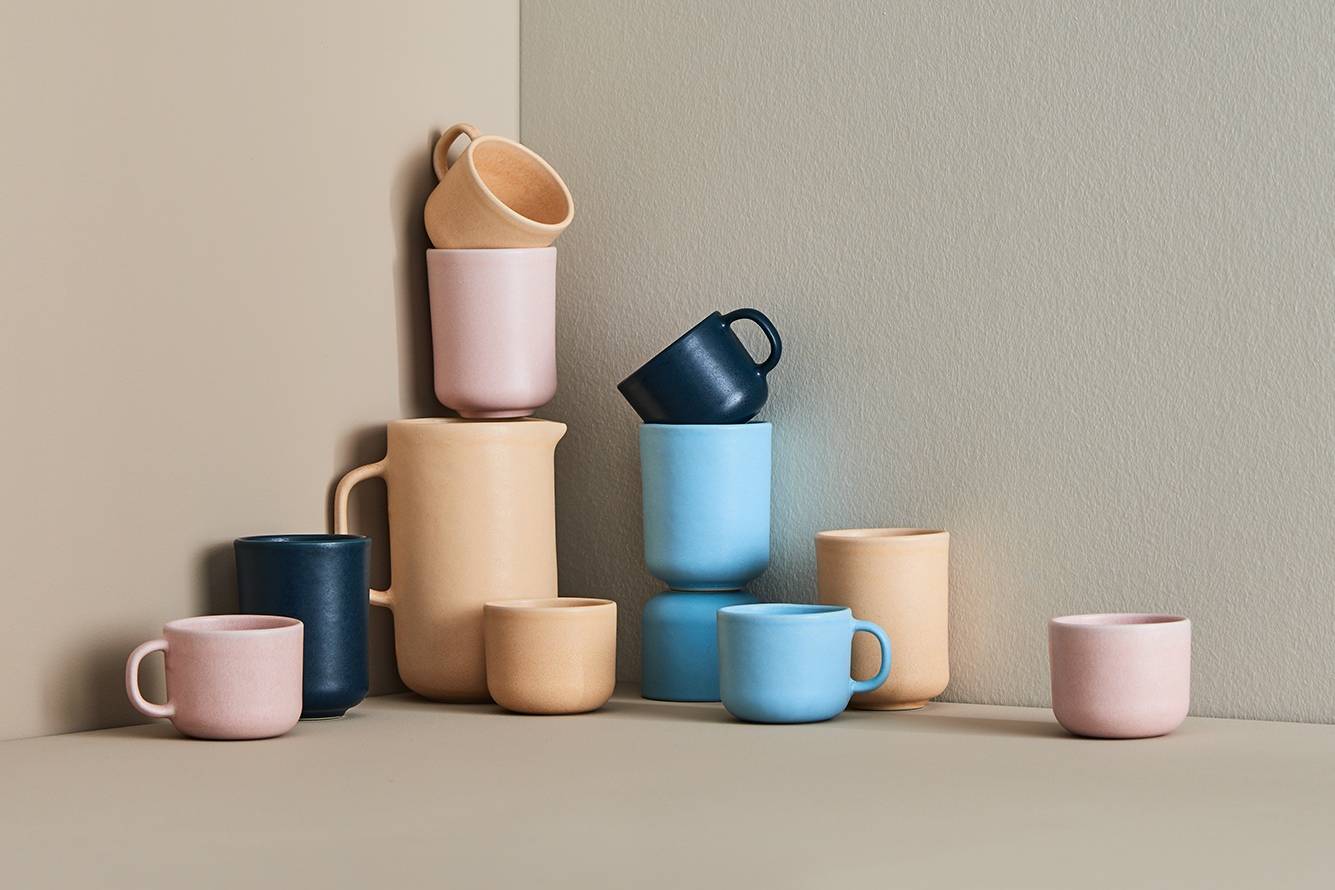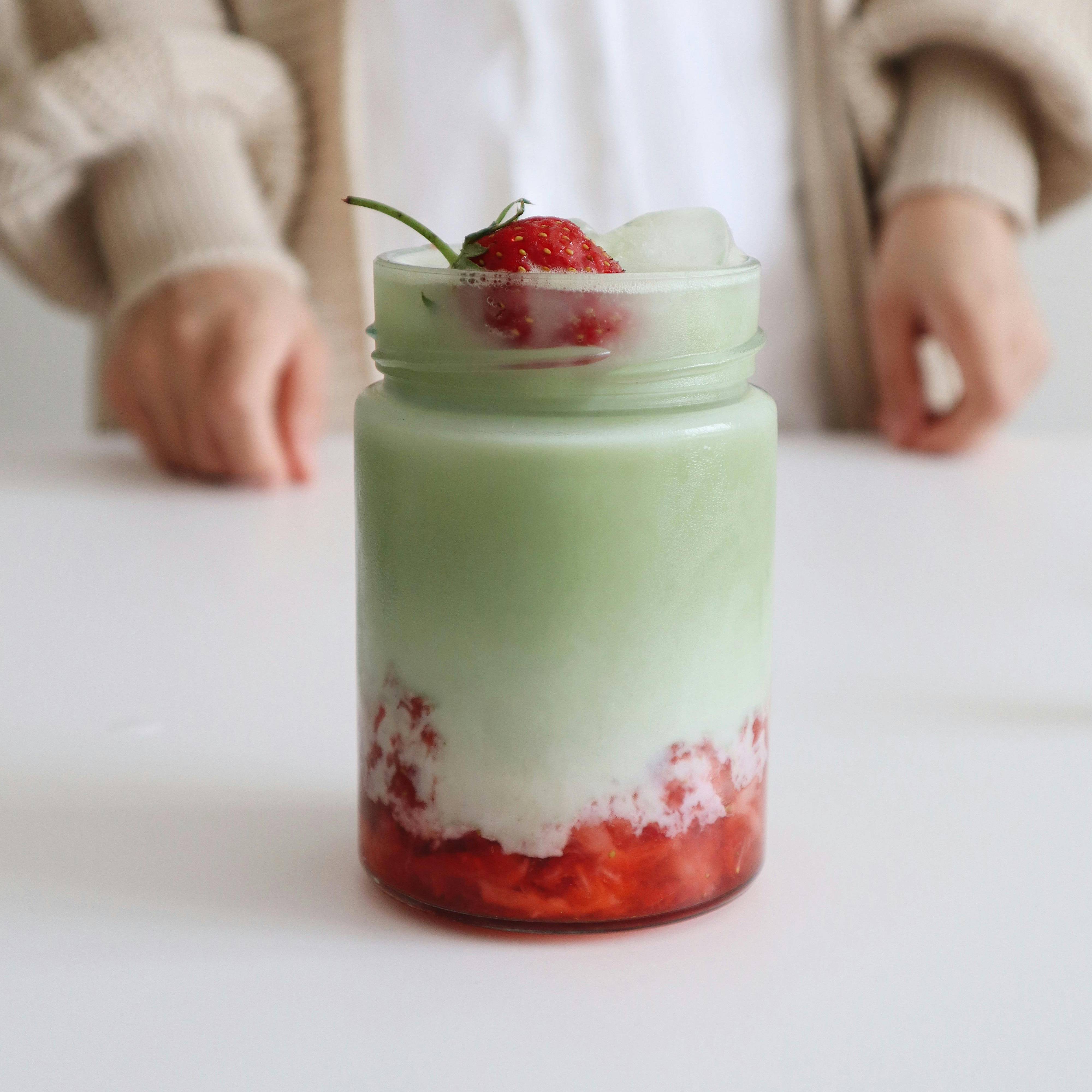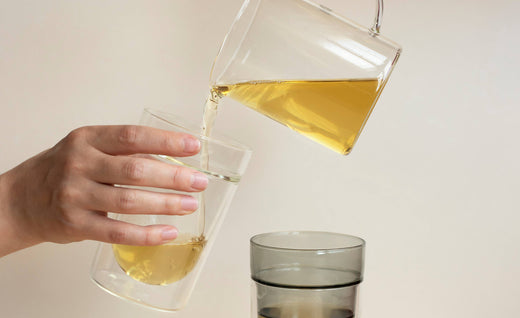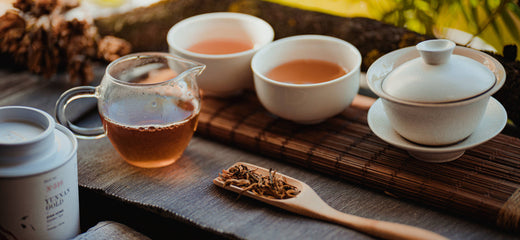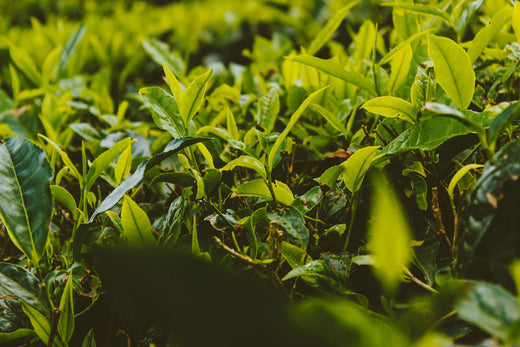You wake up in the morning, pull the curtains and get ready for an energy-filled start... all that's missing is the right hot beverage in your hand to welcome this new day. Some like strong coffee. But more often people love the ritual of brewing a cup of tea. Perhaps you didn’t know it, but all types of tea made from the leaves of the Camellia Sinensis plant naturally contain caffeine. Green tea and black tea are very popular. Besides the unique flavor nuances that delight our palates, it's clear that caffeine in coffee and tea plays a crucial role in their popularity. We’re going to explore the question of the best moment for your daily cups of green tea. Let us take you on the paths of caffeine and discover the secrets hidden within the green tea leaves.
Green Tea vs. Coffee: Compare the Caffeine
Caffeine is considered a natural stimulant because it activates our central nervous system. When you consume a certain amount of caffeine it can improve your attention and concentration. Coffee and tea are both naturally caffeinated beverages. Many swear by the power of caffeine in a deep black cup of coffee. Others drink tea to bring their body and mind into harmony and prepare for the day. Thus, tea and coffee seem to engage in a never-ending competition. How does the caffeine content compare? Which beverage do you choose to wake up?
Your Morning Ritual: Tea or Coffee?
Everyone's typical morning routine looks different up to the drink of choice. Why are more and more people opting for a morning cup of tea? Coffee is known for a quick energy boost that wakes you up immediately. However, many seek long-lasting coffee alternatives since the effects of coffee wear off quickly. The caffeine in tea clearly takes more time to come to an effect in your body, which allows you to benefit from it for much longer. A cup of green tea lets you start the day balanced and relaxed while also giving you the necessary focus to tackle all upcoming tasks. Amidst a hectic morning, we find a source of joy in a fresh cup of green tea. Whether coffee or tea, it can become a helpful ritual to brew your favorite drink in the kitchen in the morning. What do you drink on your perfect morning?

Your Afternoon Break: Green Tea as a Gentle Wake-Up Call
You can rely on the effect of caffeine not just in the morning: a cozy afternoon tea can also be a great ritual in the second half of the day. Compared to the caffeine in coffee, it usually takes longer for the caffeine in green tea to show its effect. Give your body a moment of rest and relaxation without losing focus. Especially in Asia, green tea is highly valued. Zen Buddhists drink it before their meditation to find inner peace. During the Japanese tea ceremony, which lasts several hours, matcha—a powdered green tea—is traditionally served. Try exploring the fascinating world of tea until you find your favorite cup!
Caffeine in Different Types of Tea
As we have already mentioned, green tea is not the only type that contains caffeine: all leaves of the tea plant naturally contain caffeine. The belief that black tea contains the most caffeine persists stubbornly. This cannot be generalized. How much caffeine you consume with a cup depends on numerous factors such as the harvest time, the climate, and the specific type of tea.

One factor is how young the leaves are at the time of harvest, which are then processed into tea. Young buds, unlike more mature tea leaves, are particularly sought after by insects and therefore develop an increased amount of caffeine as a defense mechanism. The pesky creatures don't like the taste of caffeine and leave the young leaves alone.
In comparison, green tea enjoys great popularity not only because of the historic culture behind this special tea. Whether you prefer white tea, black tea, or green tea is entirely up to you. In the evening, we recommend enjoying caffeine-free herbal blends for a pleasant sleep.
Caffeine Content in Matcha: What the Power Powder Can Do
Matcha is currently all the rage and rightly so, in our opinion! For this tea delicacy, Japanese green tea, which has been shaded with special nets for up to five weeks before harvesting, is carefully ground on stone mills. The result: a rich green powder that takes you on a fascinating journey through unique aromas and makes a true power booster. Tea enthusiasts are thrilled by the creamy-sweet taste. Matcha also helps you improve your concentration and has become a popular alternative to coffee. Get to know the green wonder from Japan better.

The Combination of Green Tea & Coffee
We have another idea for you: Why decide at all when you can have both? The combination of coffee and green tea offers you an inexhaustible source of inspiration. With both beverages, you discover the effects of caffeine with fresh eyes every time. Whether in the afternoon or morning: the enjoyment of green tea and coffee ultimately comes down to a matter of taste, and variety brings fresh air into your daily routine. A sip of green tea is an aromatic time-out that gives you a moment of tranquility and balance. And this is just the beginning: there are even more diverse flavor notes in the multifaceted world of tea to discover. Follow us further on the trails of caffeine and learn more about the effects of caffeine in black tea.
